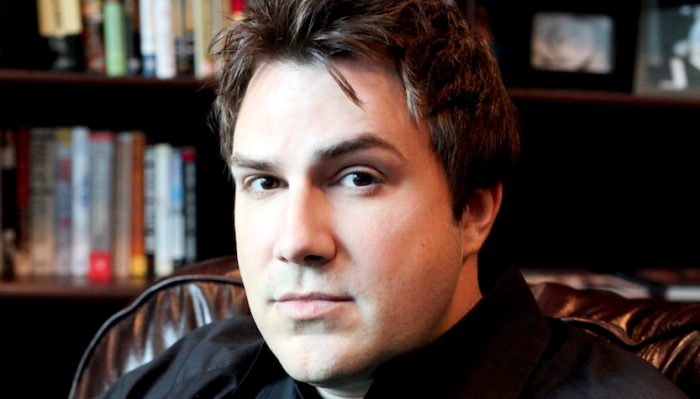Jason Hope: Stem Cell Research and Longevity
Entrepreneur, philanthropist, anti-aging, and longevity specialist Jason Hope predicts that stem cells will continue to be popular as networked medical technologies, worldwide connectivity, and technology advance. Despite the early breakthroughs in generating human stem cells in the lab, which were encouraging, researchers have not made much progress in bringing synthetic stem cell medicines to market in a well-studied and widely accepted form.
The accurate business futurist admits that while stem cell treatments, including platelet boosters for leukemia patients, are laudable, more study is required to fully realize their advantages. As an activist investor, he favors long-term research and development to assure the safe and efficient use of stem cells in medicine.
The activist investor and philanthropist alongside groups like SENS, a significant scientific organization, are working to develop medicines to stop degenerative diseases and enhance life quality. Jason Hope explains that their work primarily focuses on stem cell therapies, including clinical trials for treating Parkinson’s disease. Preliminary investigations are being conducted to look into other uses of stem cells in addition to research by organizations like SENS.
Trials of stem cell transplantation for migraine and initiatives to lessen stem cell rejection in organs like the liver are included in these studies. He explains that this meticulous scientific research creates the foundation for the development of stem cell therapy, despite the seeming slowness of the process (Medium).
Jason Hope recognizes the risks and difficulties connected with stem cell research, such as supply chain issues, potential side effects, and unverified claims from overly ambitious start-up enterprises. But, he feels that the potential advantages of stem cells to reverse degenerative damage, lengthen life and other benefits outweigh these risks and difficulties Boost the quality of life and increase active health Although the road to more cell integration may be long, the health benefits are numerous, worth researching, and deserve encouragement.
